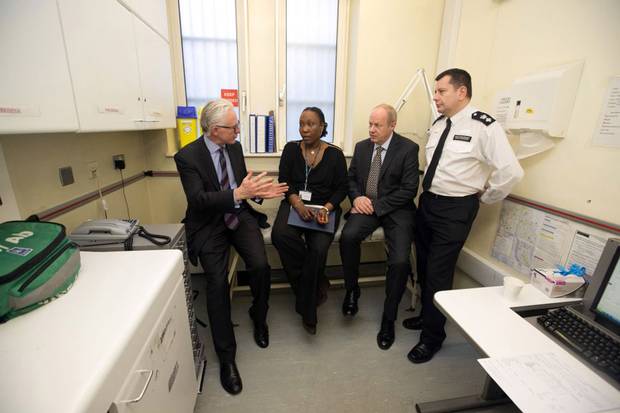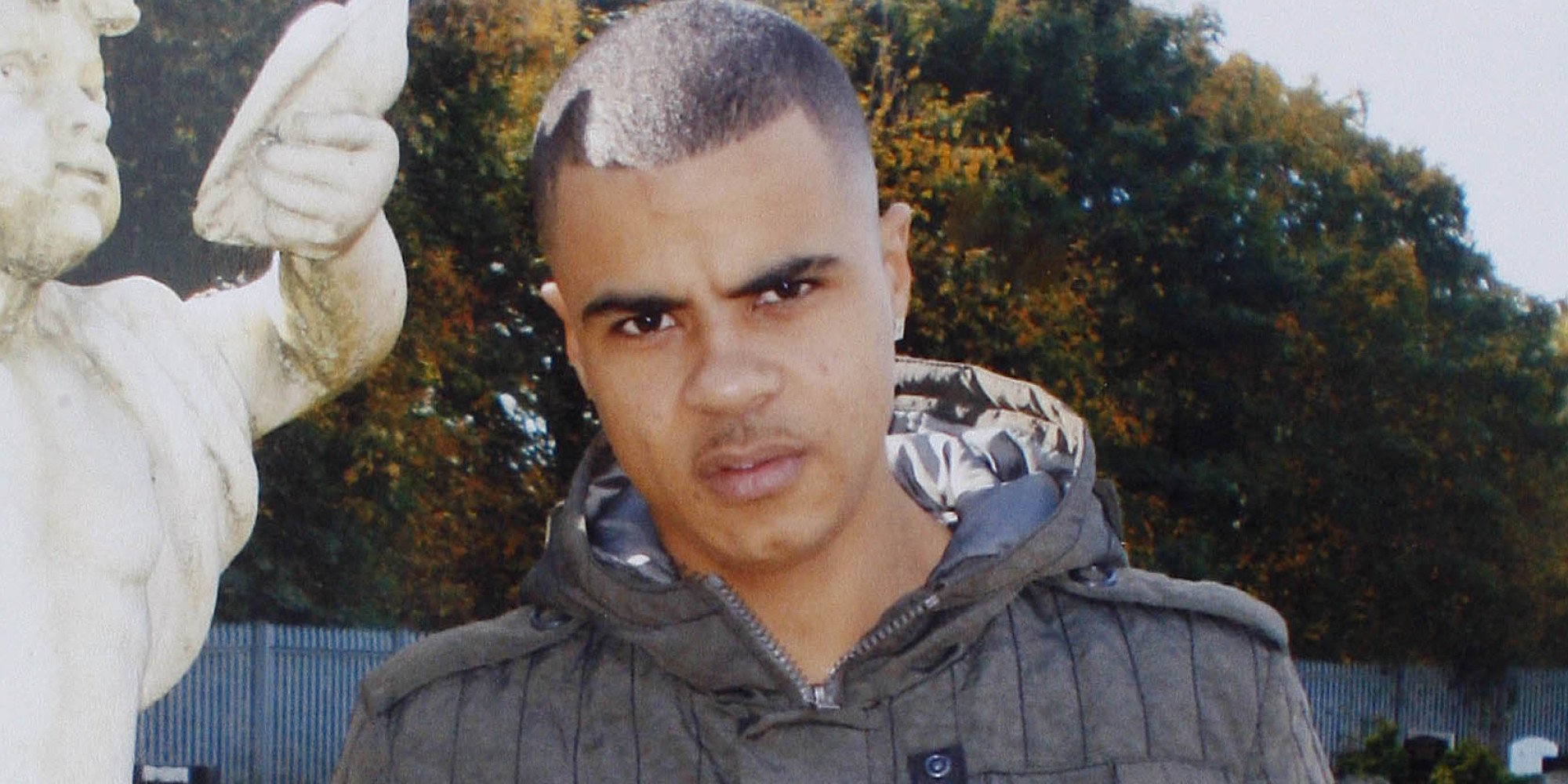Pilot Scheme To Put Mental Health Nurses In Police Stations
A £25m pilot scheme aimed at reducing reoffending by mentally ill criminals will place mental health nurses in police stations and courts.
Police officers spend an estimated 15% to 25% of their time dealing with mental health problems – the equivalent of around 26,000 officers.
But the pilot, which is to be tested in 10 areas across England, will mean that people with mental health problems will be treated “as early as possible”.
Care and support minister Norman Lamb said identifying people with mental health needs who come into contact with the criminal justice system at the earliest possible stage will help to “divert” them away from offending again.
He said that “too often” criminals with mental health problems, learning difficulties or substance misuse issues are only diagnosed once they reach prison.
The majority of people who end up in prison have a mental health problem, a substance misuse problem or a learning disability, and one in four has a severe mental health illness such as depression or psychosis, a Department of Health spokeswoman said.

Minister Norman Lamb (front) at a police station
According to the Mental Health Foundation, more than 70% of the prison population has two or more mental health disorders and the suicide rate in prisons is almost 15 times higher than in the general population
Over the next year, the money will be used to join up police and courts systems with mental health services in Merseyside, London, Avon and Wiltshire, Leicester, Sussex, Dorset, Sunderland and Middlesbrough, Coventry, south Essex and Wakefield.
Mentally ill people, as well as those with substance abuse problems and learning disabilities, will be assessed when they come into contact with police.
The information will be shared with officers and the courts system to ensure charging and sentencing decisions take into consideration a person’s health needs, the spokeswoman said.
It will also mean treatment is given sooner which will help stop reoffending, she added.
Paul Jenkins, chief executive of charity Rethink Mental Illness, said: “All too often, the way our criminal justice system deals with people with mental health problems leads to poor outcomes for individuals, frustration from police officers, magistrates and others, and such a waste of resources as people are needlessly sent to prison through a failure to respond to some of the underlying issues in their lives.”
“We welcome this initiative, which has the potential to stop people going unnecessarily to prison, reduce reoffending rates and save millions in taxpayers’ money.”
If the pilot is successful, the measure will be rolled out across the rest of the country by 2017.









